Human behavior is a riddle in many ways. What lurks in the depths of the psyche is a mystery, and time and again, scientists carry out experiments to make sense of human behavior. TED, the non-profit organization that promotes interesting ideas, carried out an experiment to assess how generous people are. Initially, they called it the “mystery experiment.”
In December 2020, Chris Anderson, the head of TED, announced on Twitter, “This is big. I’m recruiting people to participate in a one-of-its-kind social experiment. It will be exciting, surprising, somewhat time-consuming, possibly stressful, but possibly also life-changing.” The post attracted participants from seven countries including Brazil, Indonesia, Kenya, Australia, Canada, the United States, and the United Kingdom. They signed up through a form provided on social media. Two hundred people were chosen from around the globe. Each individual was given $10,000 to spend within three months. Apart from saving, investing, or spending it on illegal activities, they could do almost anything with it. They were required to document their spending on social media.
The experiment was funded by a wealthy couple who had decided to donate $2 million to TED for this experiment. The committee of scientists was excited to see what the selected people would do with the windfall. The study was primarily conducted by researchers from the University of British Columbia, Yale University, and Technology, Entertainment, Design (TED). The study's results were published in Psychological Science journal.
The team found that people are generally generous, no matter how impactful the cash. According to their findings, for many people, 15% of the income was donated to charity, while some others donated 23%. For most people, 68% of the money was spent on what the researchers termed prosocial spending. This spending benefited others beyond the spender, for example, by taking a friend to dinner. For instance, a participant, Sarah Drinkwater, shared on Medium, that she gave away all $10,000 via twenty $500 mini-grants to people in her local community for activities like creating a mural, revitalizing a community garden, and setting up a free food stand for the homeless.
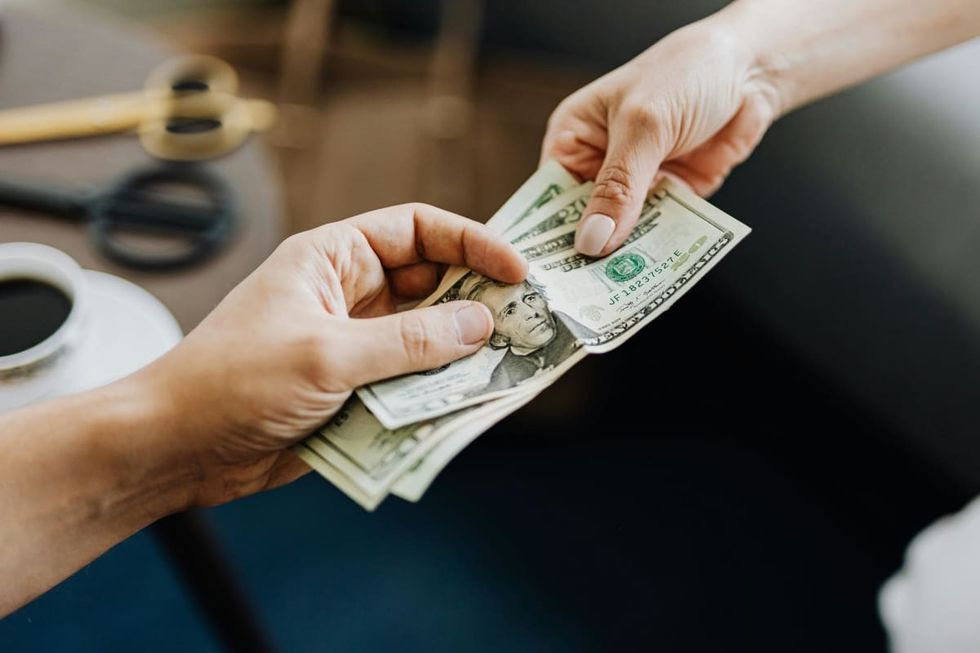
Plus, a quick scroll on Twitter’s hashtag page for #mysteryexperiment shows how people spent their money, donating it generously, and sharing it with loved ones in need. The vague experiment turbocharged people to share themselves with the world. @calvinerico5 gave it to her sister to buy her a new laptop and her grandma a new phone. “I hope this will make them happier,” she wrote.
Before finishing out the last of my TED #MysteryExperiment money, I decided to treat myself to some gourmet heirloom beans from Rancho Gordo that I never would have splurged on otherwise. pic.twitter.com/W0hcvGGvT8
— Calamity Sane is giffyloop on Threads (@GIFfyLoop) May 21, 2021
Lydia Tarigan, a creative director based in Indonesia, spent none of the money she received on herself, according to Mind Body Green. Instead, she gave 10 million rupiah to a co-worker and another 5 million to a colleague who had recently been diagnosed with cancer. In addition, she donated millions of rupiah to the World Wildlife Fund, flood victims, and a pet rescue charity. She paid for health checkups for members of her family.
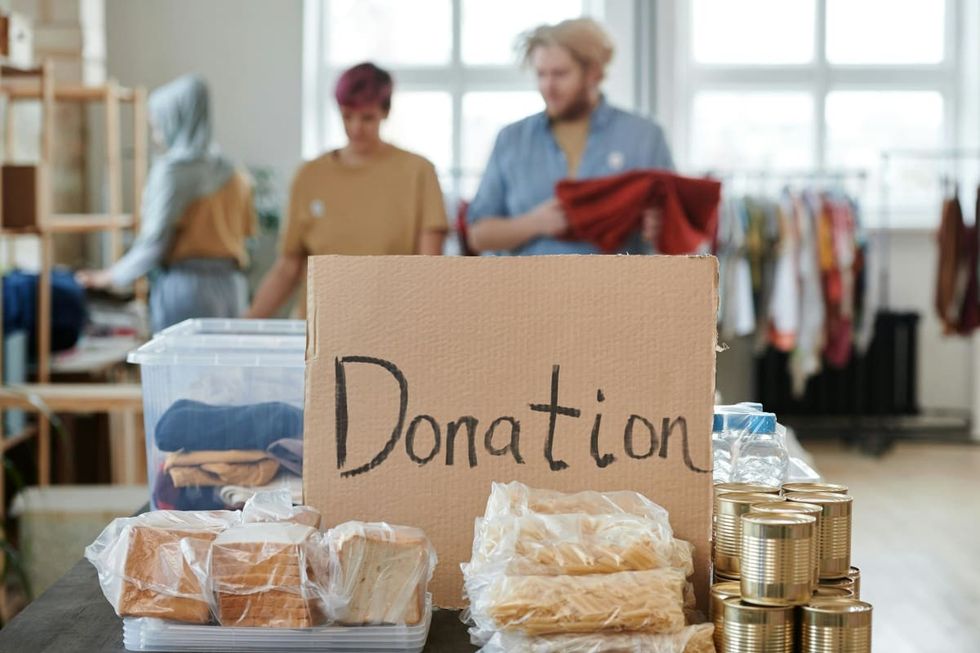
Kirk Citron, from the United States, also decided to “pay it forward” by giving it to Humanity Now. Many people joined him and together they were able to make a gift of $27,000, casting a ripple effect of generosity.
While the altruistic experiment revealed the great bounteousness that resides in the hearts of people, the experiment itself acted as a benevolent hand for people who needed money. It ended up making many people happy. @judywundernich, who lost her job at the age of 65 in 2020, was in a bad place when she was aided by the experiment fund she received unexpectedly. @leahahahaha used the money to buy her son a pair of bamboo corgi pajamas, whereas, @andysimone98 utilized the amount to fulfill her dream of finishing up her house.
Used my #mysteryexperiment money to purchase this tiny home. Okay, not really but I am using some of it for another picture road trip! ❤ pic.twitter.com/4xKXoyUPSp
— Paula M Smith (@pmsmithphoto) May 12, 2021





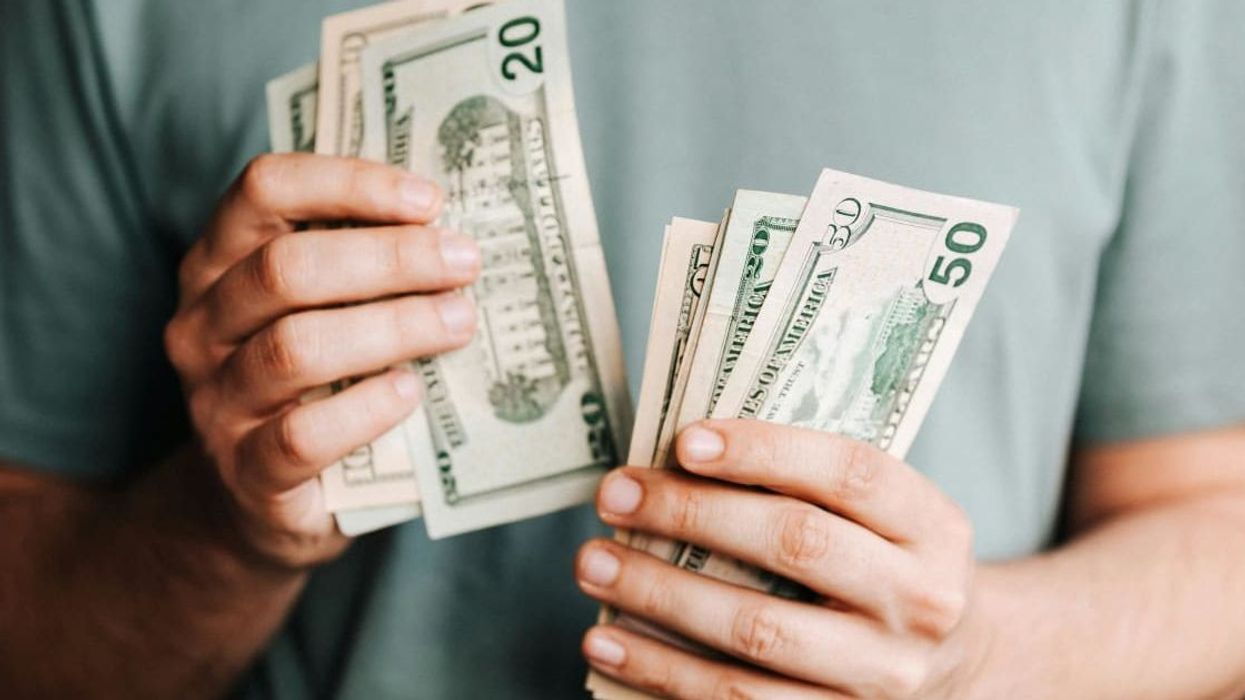










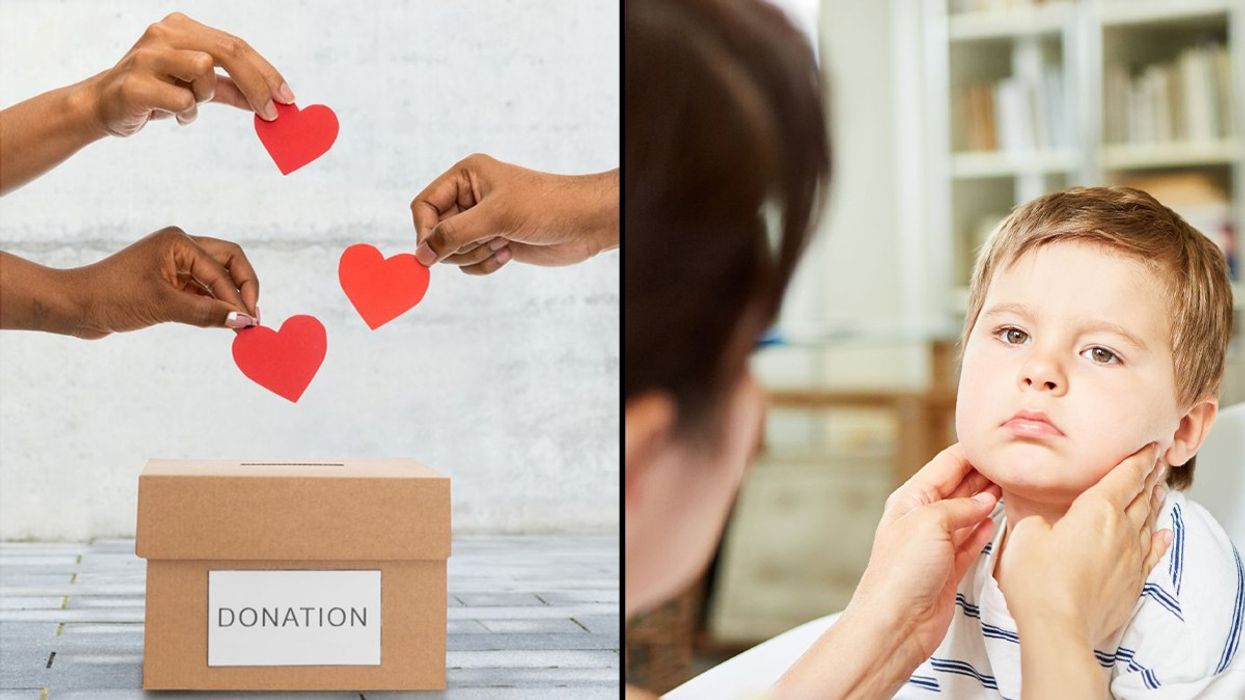
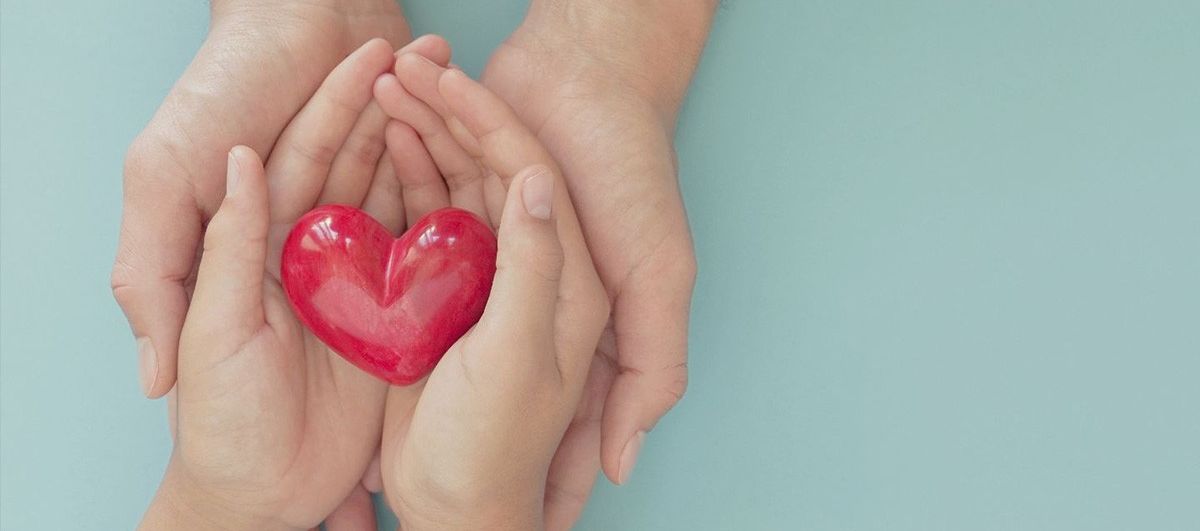 A symbol for organ donation.Image via
A symbol for organ donation.Image via 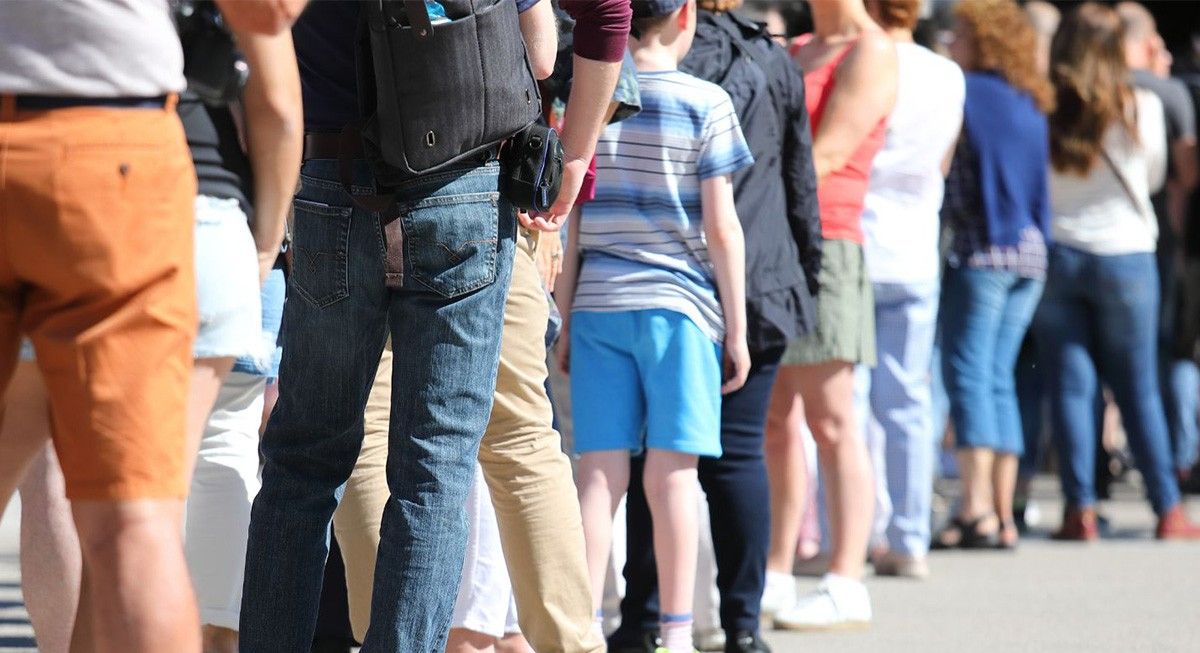 A line of people.Image via
A line of people.Image via  "You get a second chance."
"You get a second chance." 
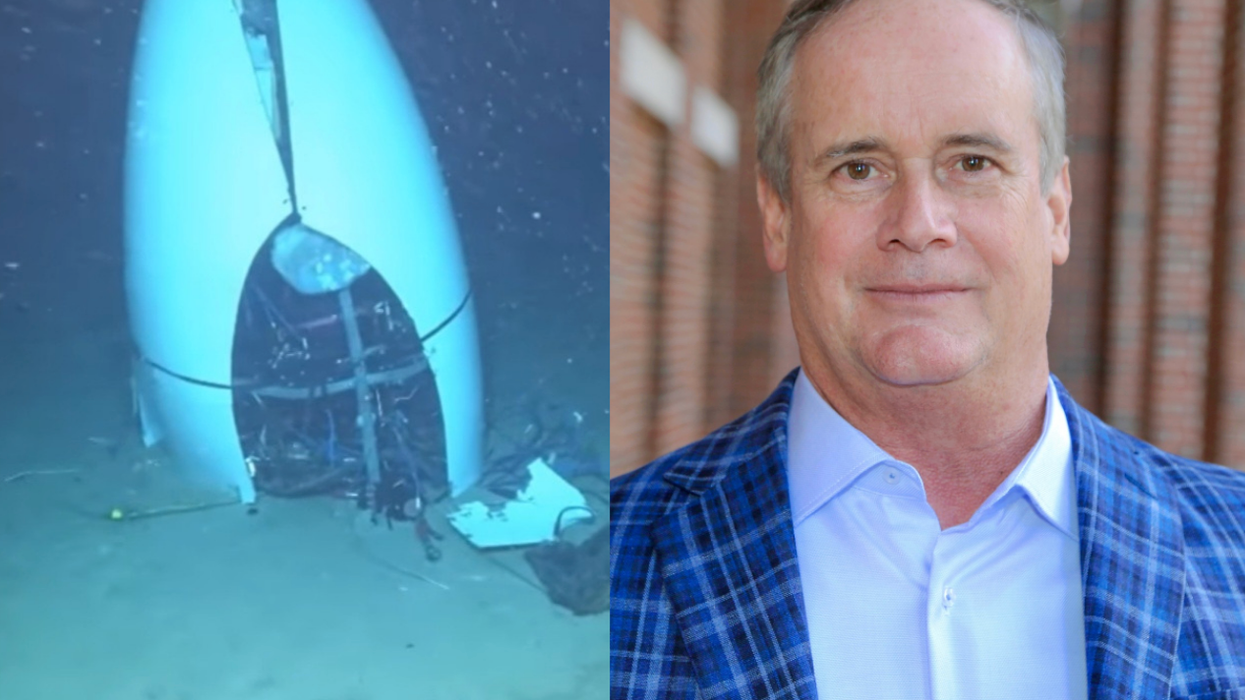

 36 is the magic number.
36 is the magic number.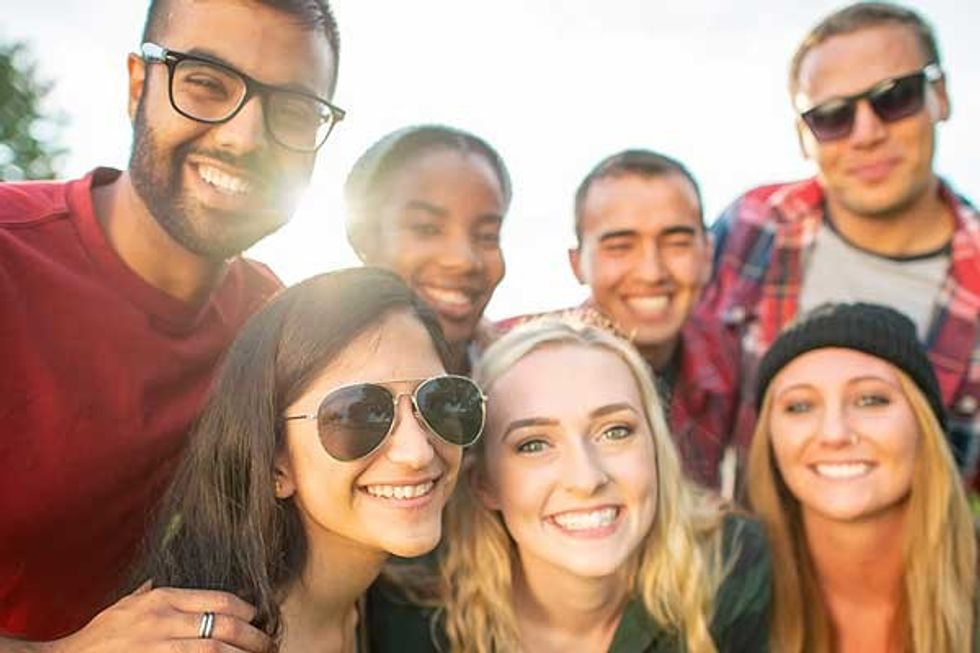 According to one respondendant things "feel more in place".
According to one respondendant things "feel more in place". 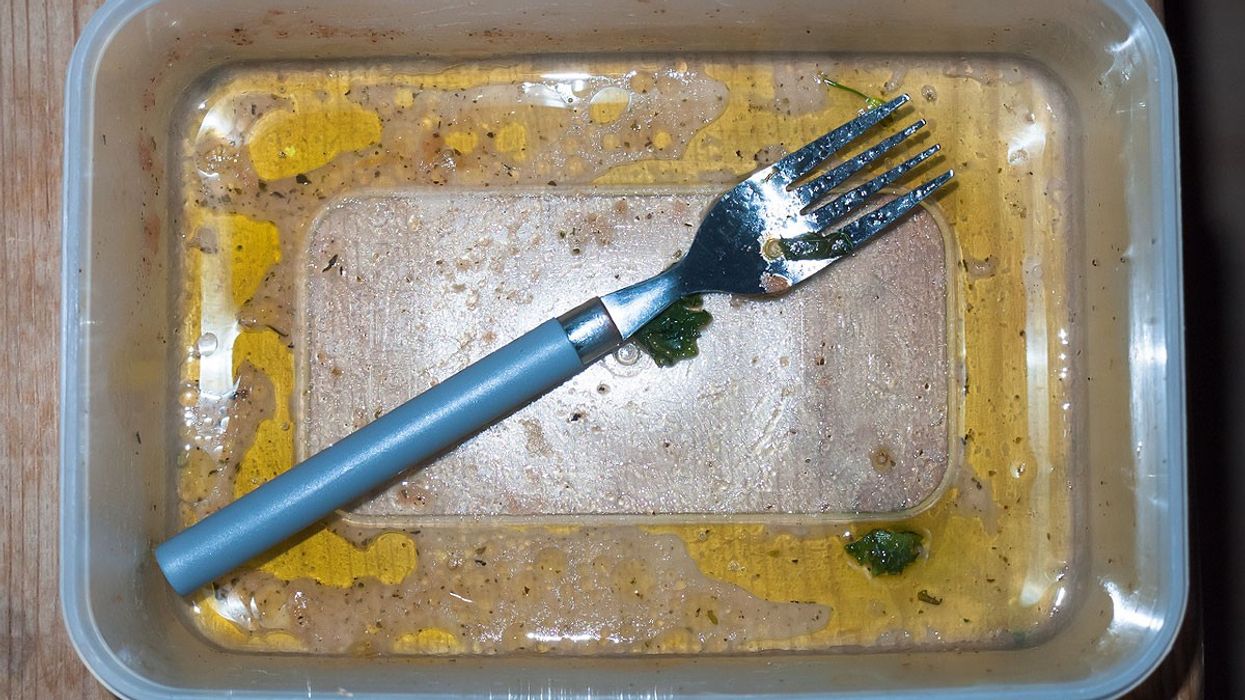
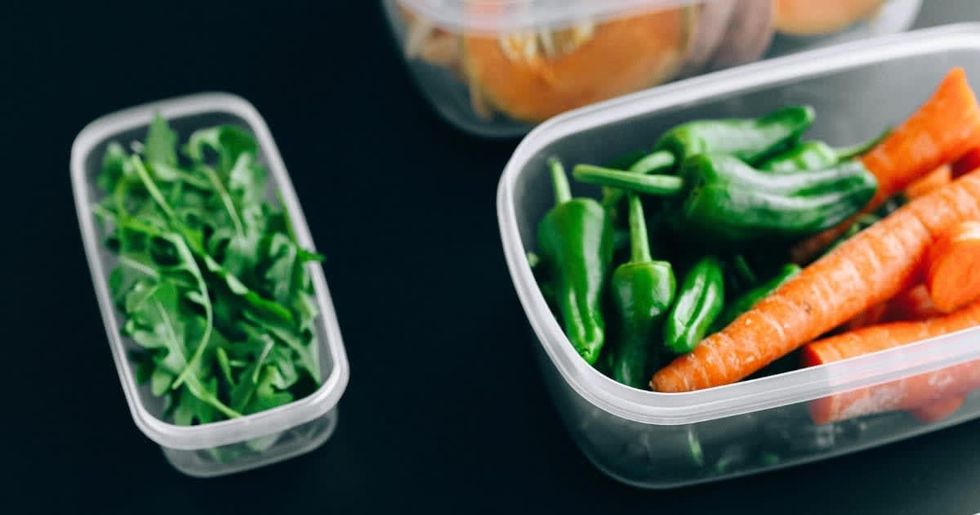 Some plastic containers.Representational Image Source: Pexels I Photo by Nataliya Vaitkevich
Some plastic containers.Representational Image Source: Pexels I Photo by Nataliya Vaitkevich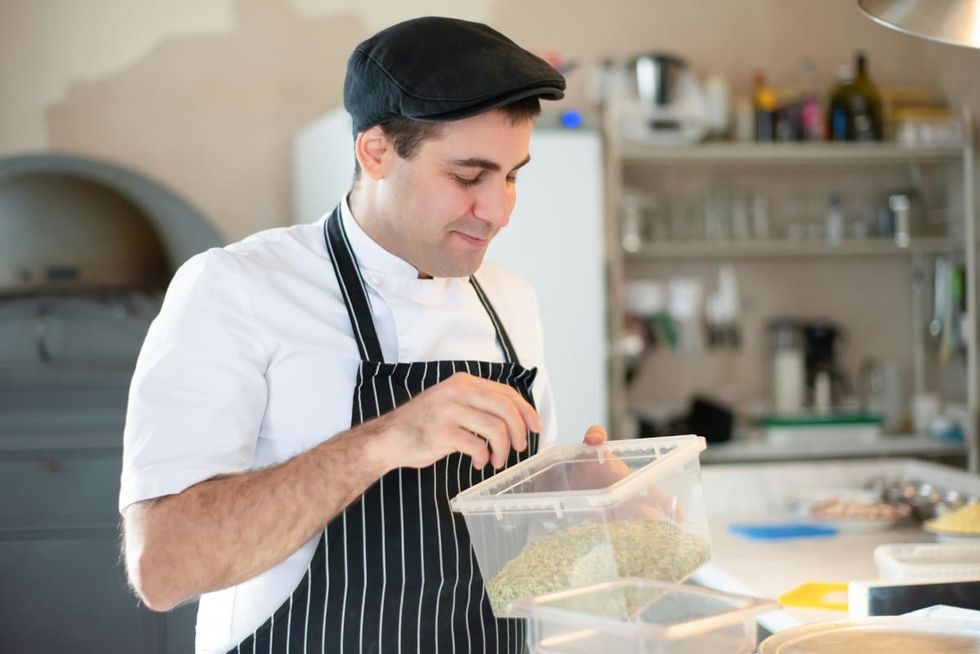 Man with a plastic container.Representative Image Source: Pexels | Kampus Production
Man with a plastic container.Representative Image Source: Pexels | Kampus Production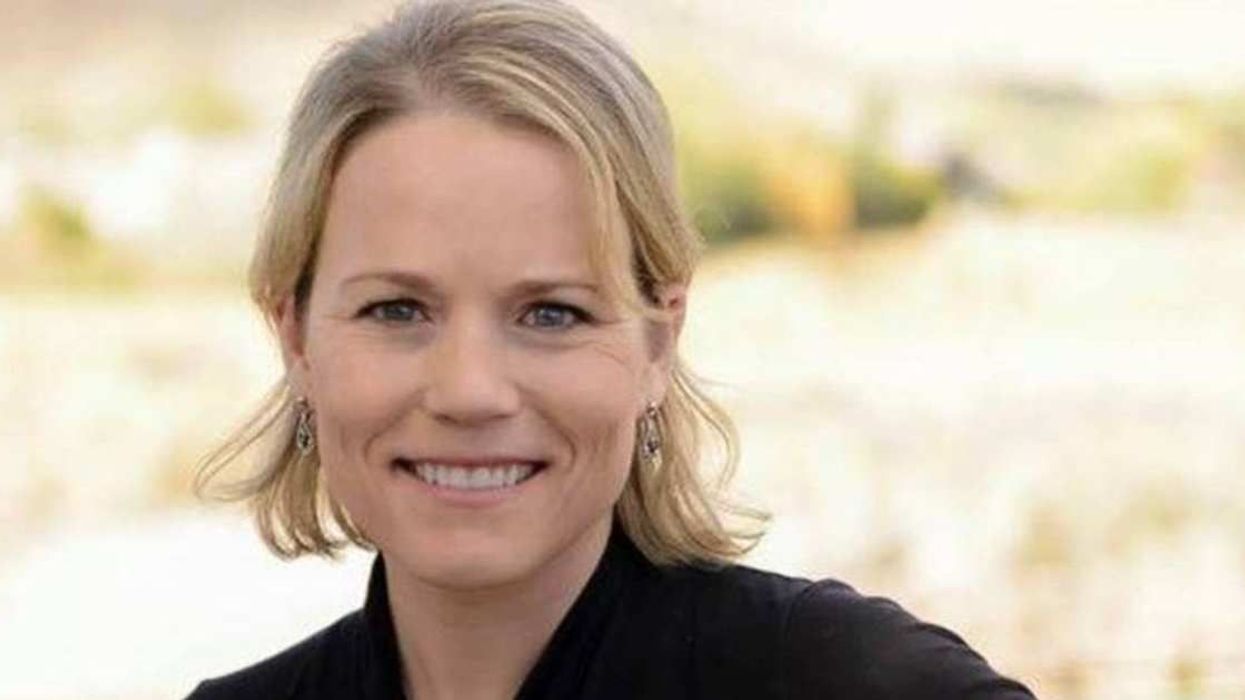
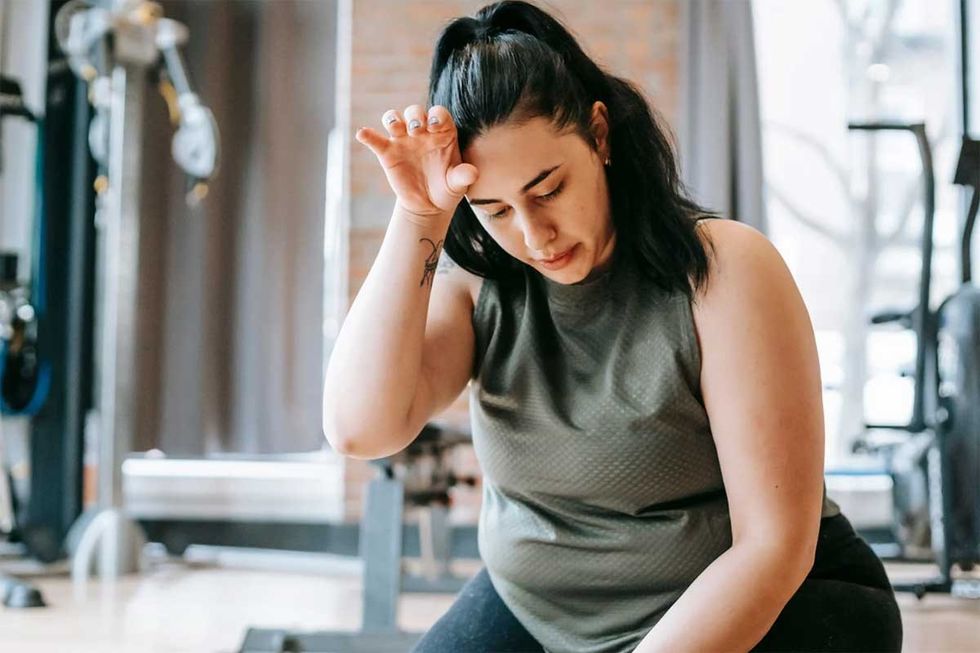 Canva
Canva It's easy to let little things go undone. Canva
It's easy to let little things go undone. Canva
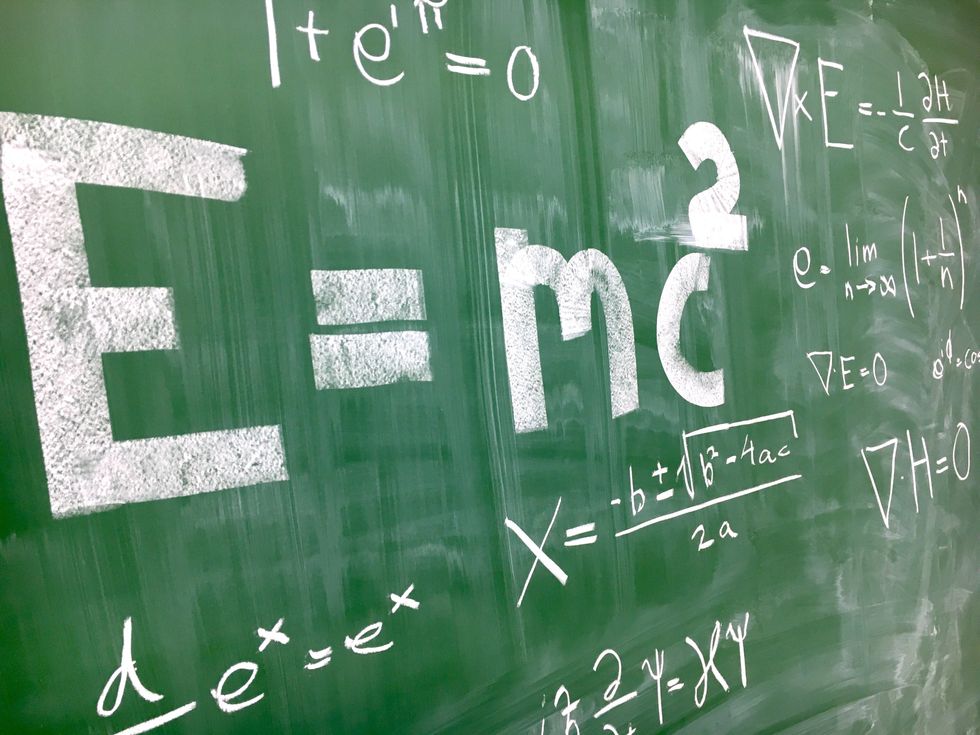 Photo by
Photo by 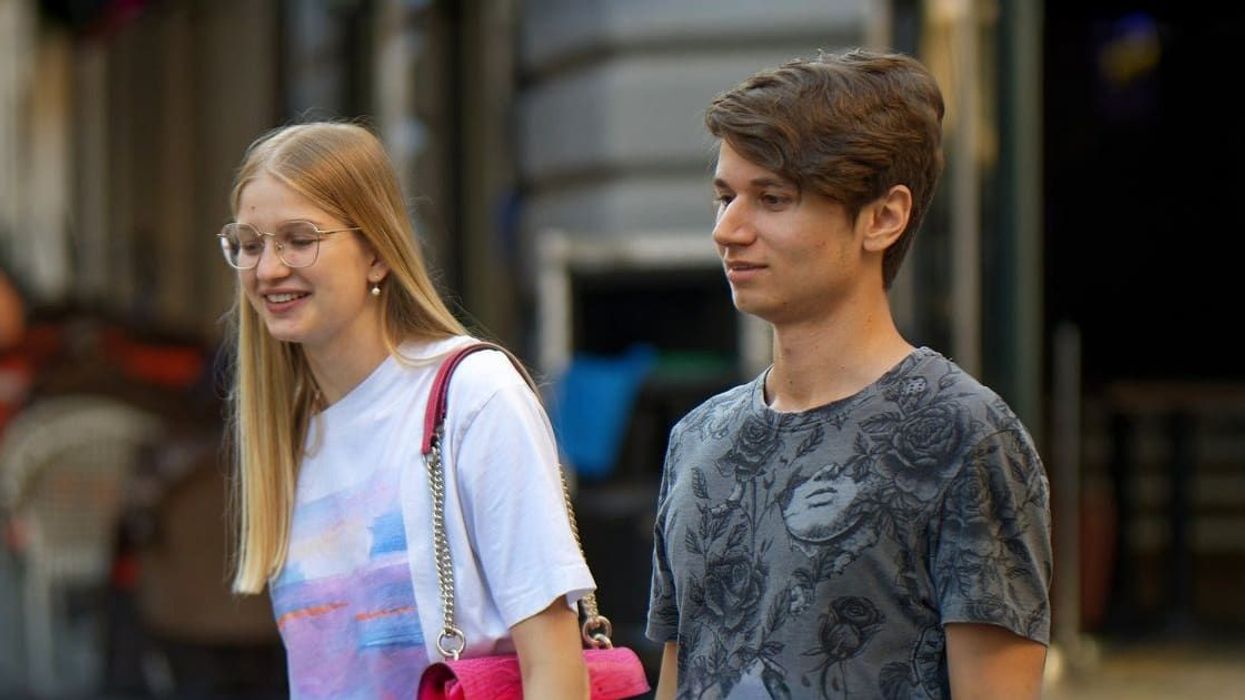
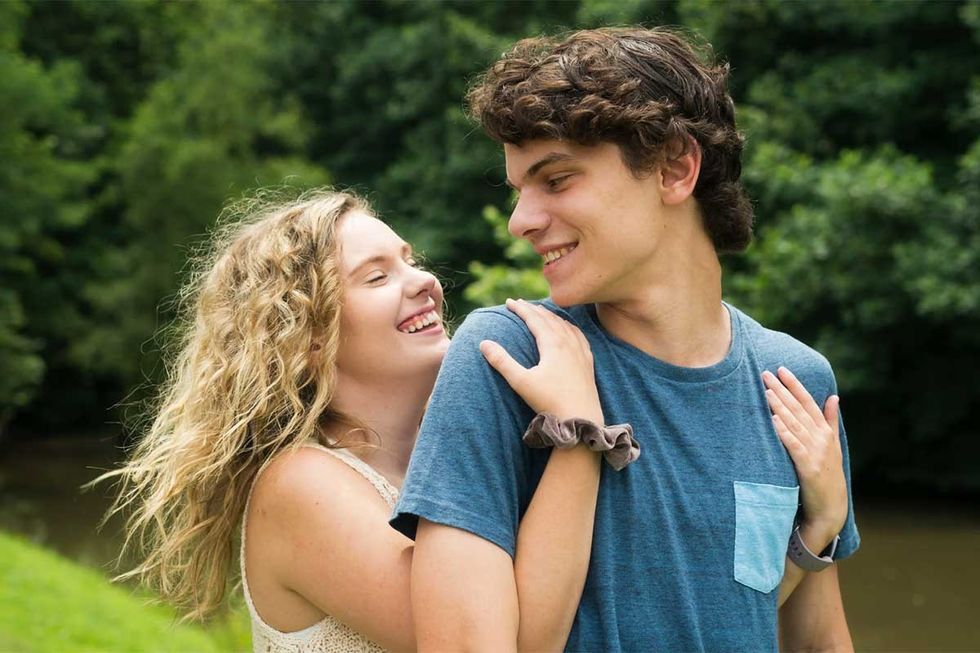 Teens are waiting longer than at any point in the survey’s history. Canva
Teens are waiting longer than at any point in the survey’s history. Canva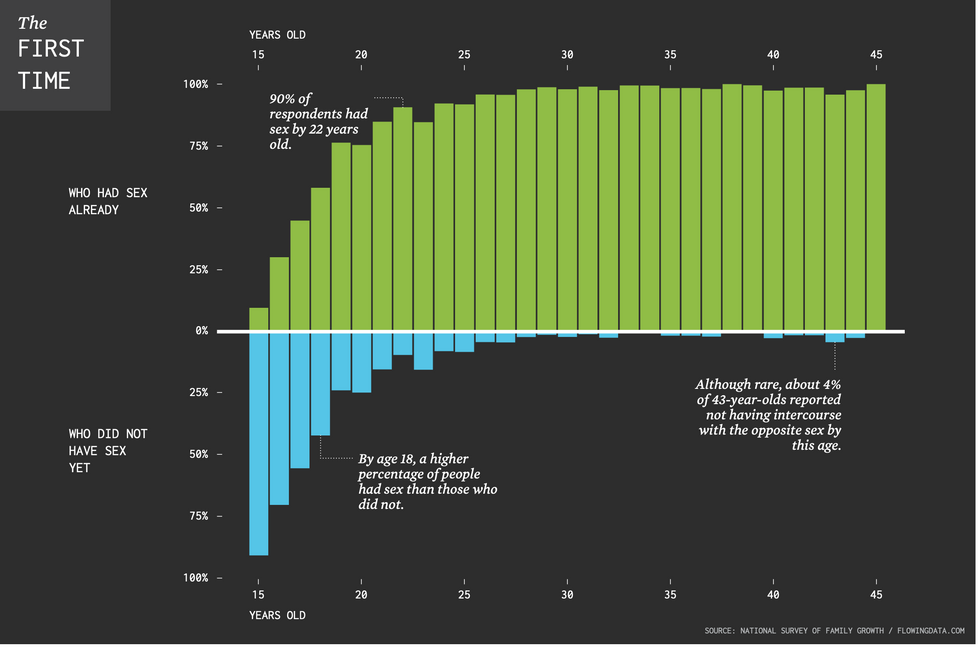 Chart on the age of a person’s first time having sex.National Survey of Family Growth/flowing data.com | Chart on the age of a person’s first time having sex.
Chart on the age of a person’s first time having sex.National Survey of Family Growth/flowing data.com | Chart on the age of a person’s first time having sex.